How Spamming is Helping Fight Ebola

Spamming is aiding the fight against Ebola.
Operators of text messaging system Tera, which provides advice and help to people fighting Ebola in the Sierra Leone region, are looking to extend the service to seven other African nations—Mali, Benin, Togo, Ghana, Guinea-Bissau, Gambia and Burkina Faso. Ebola kills victims via dehydration and multiple organ failure, and more than 4,000 West Africans have perished from the disease.
The network allows Red Cross and Red Crescent charities to “send SMS messages to every switched-on handset in a specific area by drawing its shape on a computer-generated map.” Automatic, appropriate replies to incoming texts are also featured. Both charities aim for expansion completion over the next nine months, but cooperation of local mobile authorities and networks is needed.
"It's been doing an excellent job in Sierra Leone, sending out in the region of 2 million messages per month, helping the communities there to prepare themselves, try to avoid getting infected, and then if they do, to know what to do about it," notes Robin Burton from the International Federation of Red Cross and Red Crescent Societies (IFRC). “Unlike TV and radio, if we send them a text message it's retained on the phone."
The trick is quelling each nation’s concerns or fears about joining the network.
"The thing operators might have a problem with is that they are basically being asked to spam millions of their customers, and people often object to that," says Ken Banks, an SMS expert who advises the UK's Department for International Development. "When people in Haiti received messages asking them to donate blood [after the 2010 earthquake] that were blasted out willy-nilly some were not in a position to do so, and they found it annoying.”
However, Banks notes operators can’t really argue this one, as no one wants to be accused of blocking potentially life-saving messages during an epidemic. He adds that the significance of the Red Cross as an organization will also fuel the proverbial fire. The IFRC also wants Tera to appear as "network friendly" as possible, and allow individual subscribers to opt out and operators to apply exclusion lists.
The network is specifically designed to send texts to powered-up handsets. This avoids build-up of millions of undelivered messages, and therefore potential network strain. Staggered texts are yet another way the network is preventing overload, and the system is location-sensitive, so messages are sent to affected areas only.
An inexpensive system to operate, Tera may be utilized during natural disasters and for relief effort feedback, potentially emerging as one of the key factors in helping to limit the damage from both natural and human-spread calamities.


